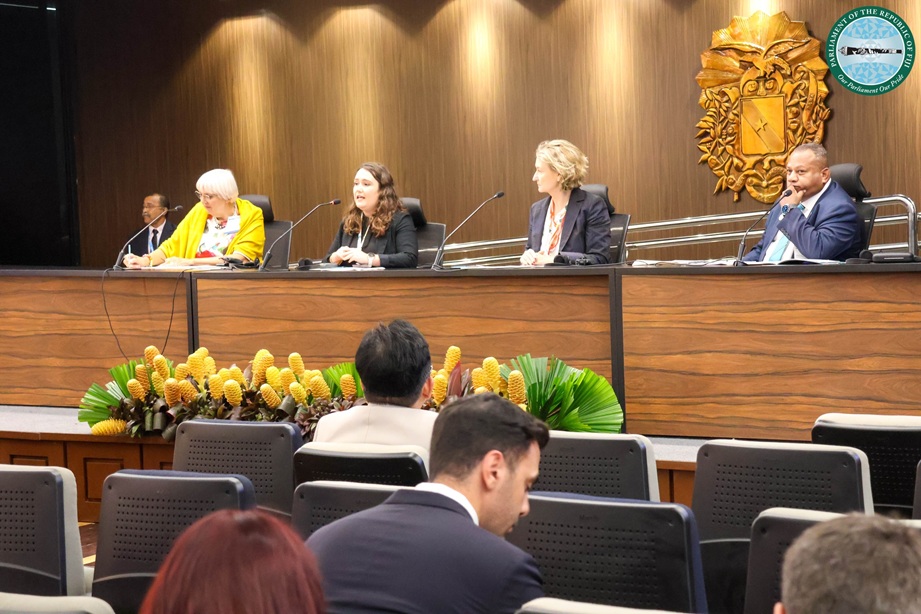Fiji has little to no control over its vulnerability to fossil-fuel shocks and is calling on developed countries to provide the finance and support needed to accelerate its clean-energy transition.
This was the message delivered by the Director of Climate Change at the Ministry of Environment and Climate Change, Senivasa Waqairamasi, during the COP30 High-level event: Accelerating global efforts for a just, orderly and equitable transition away from fossil fuels.
Ms Waqairamasi said Fiji’s reliance on imported fossil fuels, costly, unpredictable and entirely outside the country’s influence, continues to undermine national energy security and constrain development.
“The situation is further compounded by intensifying climate impacts that threaten livelihoods, infrastructure and community resilience across the islands,” Ms Waqairamasi said.
“At the outset, Fiji extends its appreciation to the European Union and the Beyond Oil and Gas Alliance (BOGA) for convening this important high-level dialogue.
“Fiji has long supported BOGA’s vision, and we acknowledge its leadership in shaping a managed, just and equitable transition away from fossil fuels.”
She reaffirmed Fiji’s long-standing support for and commended the European Union and the Alliance for convening the high-level dialogue, noting that the initiative strengthens global resolve to meet the ambition of the Paris Agreement.
Ms Waqairamasi said Fiji’s updated Nationally Determined Contribution, NDC3.0, places significant emphasis on accelerating renewable energy deployment, building resilience into energy systems and aligning mitigation pathways with Fiji’s net-zero objective for 2050.
“The first Global Stocktake, especially paragraph 28, reaffirms what Fiji already knows: that the transition away from fossil fuels must be just, orderly and equitable, and must reflect national circumstances.
“For Fiji, this means practical and predictable support to scale up renewable electricity generation, expand storage solutions and modernise our grid, ensuring that rural and maritime communities, often the most vulnerable, are not left behind.
“It also means sustained investment in capacity-building, institutional readiness and a skilled workforce that can guide and sustain this transition.”
Although Fiji is not a fossil-fuel producer, she noted that the country remains deeply impacted by a global system still dominated by fossil-fuel consumption.
She argued that cooperation between producers and consumers can play a critical role in channelling the finance, technology and expertise needed for small, vulnerable economies to pursue low-carbon development.



